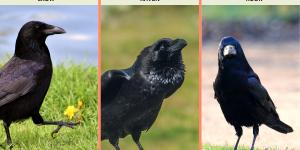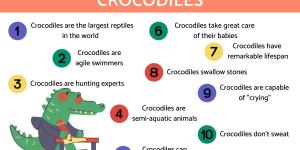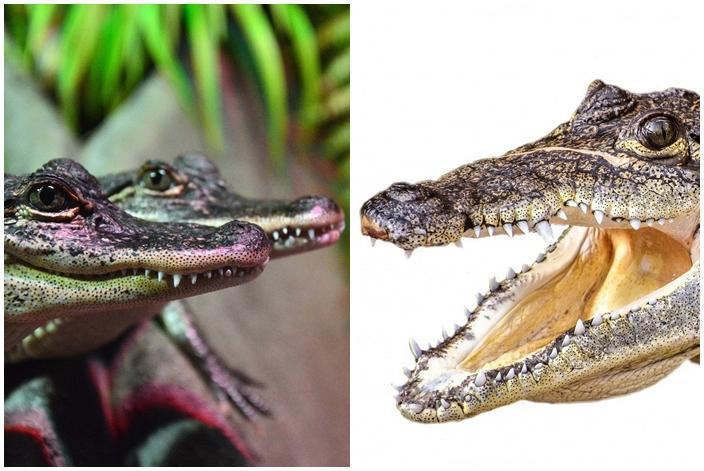Differences between Alligators and Crocodiles

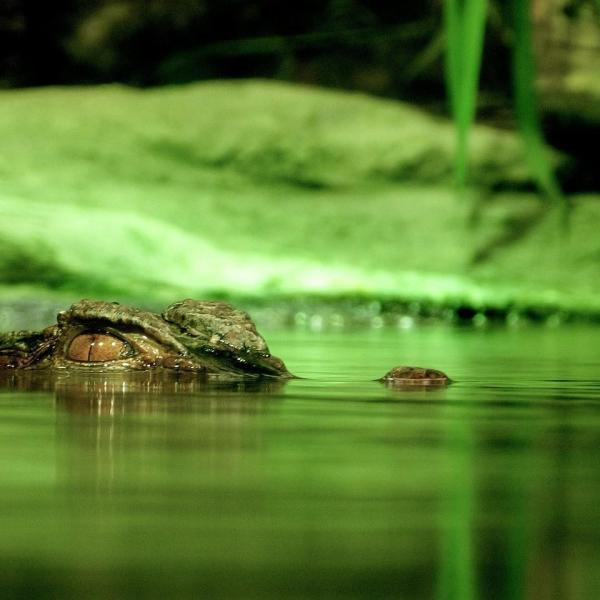
Many people believe the terms alligator and crocodile are synonyms, but they are not the same animal. They do have significant similarities that clearly distinguish them from other reptiles: They are really fast in the water, they have very sharp teeth and extremely powerful jaws, and they are very intelligent when it comes to ensuring their survival.
However, there are also noticeable differences between them that make it apparent that they are not the same animal. Among other things, there are differences between crocodiles and alligators in terms of anatomy, behavior and even the possibility of living in one habitat or another.
Stay with us if you want to learn more about these fascinating animals; this AnimalWised article will explain the differences between alligators and crocodiles.
Scientific classification of alligators and crocodiles
The term "crocodile" refers to any species belonging to the Crocodilia order. However, true crocodiles belong to the Crocodylinae subfamily; other families in the order Crocodilia include Aligatoridae and Gavialidae.
Alligators belong to the Aligatoridae family; consequently, they are only a family within the broader group of crocodiles, since this latter term can define a grouping of different species. In other words, alligators can be called crocodiles, but not all so-called crocodiles are alligators.
If you compare the specimens that belong to the Alligatoridae family with other species and families within the Crocodilia order, you can notice significant differences.
We must point out that "crocodile" and "alligator" are not individual species. There are at least 14 different species of crocodiles spread throughout the world, the most famous of which is probably the Nile crocodile (Crocodylus niloticus). On the other hand, there are only two species of alligator, the American and the Chinese alligators. The Alligatoridae family also includes caimans.

Differences in the oral cavity
One of the biggest differences between alligators and crocodiles can be seen in their snout. An alligator's snout is wider, and the bottom part is U-shaped. In contrast, a crocodile's snout is thinner and the bottom is V-shaped.
There is also a significant difference in teeth and the structure of the jaw. In crocodiles, both jaws are practically the same size and this means you can see the upper and lower teeth when the jaw is closed. On the other hand, in alligators the lower jaw is thinner than the upper jaw, and lower teeth are hardly visible when with the jaw is closed.
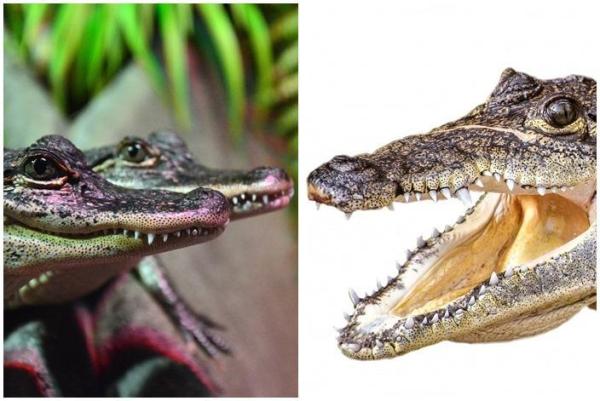
Differences in size and color
Of course, if we compare an adult alligator with a young crocodile it is likely that the alligator will be bigger. However, if we compare the two species at the same age, we will see that generally crocodiles are larger than alligators.
Alligators and crocodiles both have scales, and they are very similar in color. However, crocodiles have spots and dimples at the edges of the ridges, a feature which alligators do not have.

Differences in behavior and habitat
Both alligators and crocodiles are carnivorous animals, but their diet depends on their habitat and hunting habits.
Alligators can only live in freshwater areas. Crocodiles, on the other hand, have specific glands in the mouth that are used to filter water, meaning they are also able to live in salt water areas. However, it is common to find crocodile species living in freshwater habitats even if they do have these glands.
The behavior of these two animals is also different; crocodiles are very aggressive in nature, while on the other hand alligators are less likely to attack humans. Here you can learn all about a the dietary habits of the crocodile - including the classic question of whether crocodiles eat humans. You should also know that crocodiles are among the most dangerous animals in India and Australia!
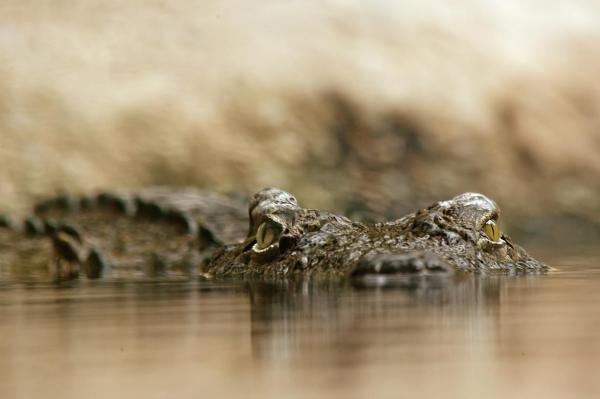
Want to win every animal-related quiz? Take a look at the following articles!
If you want to read similar articles to Differences between Alligators and Crocodiles, we recommend you visit our Facts about the animal kingdom category.



